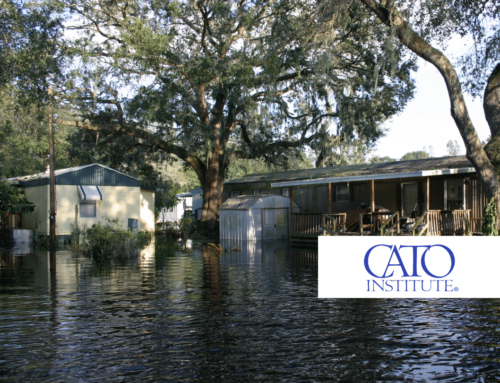An outline of the House majority’s new transportation reauthorization proposal — The American Energy and Infrastructure Jobs Act — was leaked yesterday, in advance of its official release on Friday. The proposal would replace current transportation law, SAFETEA-LU, which expired in 2007. Since then, the nation’s transportation program has operated under a series of short-term extensions, the most recent of which expires March 31st. The House release parallels the Senate’s own reauthorization proposal, MAP-21, which was adopted by the Senate’s Environmental and Public Work Committee last November.
Though the legislative text is not yet available, the preliminary outline indicates the House proposal would reauthorize the nation’s surface transportation program for five years at current funding levels. Current spending is expected to outstrip gas tax revenues by tens of billions of dollars over that period, so the House will propose to expand domestic energy production and dedicate additional royalty revenues for infrastructure investment to close this gap. TCS strongly opposes this “drilling for dollars” approach, in which speculative additional energy royalty revenues from increased offshore drilling will be used for actual infrastructure spending. This approach would detach the funding of the nation’s surface transportation program from the user-pays principle. Currently, federal gas tax revenues pay for the building and maintenance of the nation’s highways. As a result, the more a driver uses the system, the more they are likely to pay to maintain the system. Under the House proposal, revenues collected to pay for the transportation system would be largely divorced from ones use of the system. Furthermore, royalty revenues are currently deposited in the general treasury; this proposal would siphon off funds that could be used to reduce the budget deficit.TCS has written in opposition to this proposal, and recently testified before Congress as well.
In addition, the House bill will consolidate or eliminate 70 programs, reform and streamline environmental and regulatory project reviews, and expand the popular but oversubscribed TIFIA program to $1.0 billion a year. TCS has deep reservations about expanding the TIFIA program if such an expansion weakens the program’s existing taxpayer protections.
Please check back once final bill text is available. TCS will do an extensive overview of the bill and what it contains.
Read the legislative outline here.











Get Social